Citizen Kane follows the life and political campaign of an arrogant, populist millionaire who runs for governor on promises to help the “the working man,” only to be defeated by a sex scandal. Is art reflecting reality or is reality affecting art?
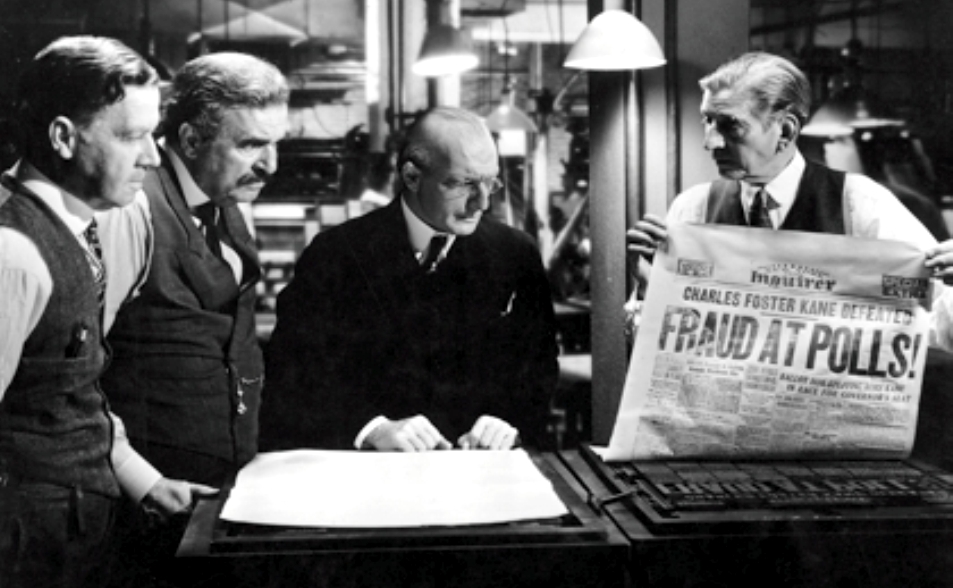
Director Orson Wells took his inspiration from real-life newspaper publisher and “yellow journalist” William Randolph Hearst. Like his celluloid counterpart, Hearst did run for elected office. In fact, he was elected twice as a Democratic congressman. However, he lost in elections for both mayor and governor of New York.
Nonetheless, I was struck by a moment in the film where the voters turn against Kane after the discovery of a sex scandal. On election night, with results indicating a landslide victory for his opponent, Kane’s business manager, Mr. Bernstein, examines two prospective front-page headlines.
“I’m afraid we’ve got no choice. That one,” Bernstein says indicating the phony alternate: FRAUD AT POLLS.
At 8:24 am Monday morning, Donald Trump sent this phony tweet-line :
“Voter fraud! Crooked Hillary Clinton even got the questions to a debate, and nobody says a word…”
(Maybe reality star Trump got the idea from watching the movie!)
“Donald Trump,” The Wall Street Journal reports (Oct. 17), “recently declared himself ‘unshackled,’ and now we know what he meant: The businessman is in full Steve Bannon-Breitbart mode, invoking an international conspiracy to steal the election…
“There’s zero evidence,” The Journal adds, “that the process is compromised across multiple states and precincts.”
However, listen to the similarity between the fictional Charles Foster Kane and Donald Foster (oops, I mean, John) Trump:
KANE: [I’m running] with one purpose only: to point out and make public the dishonesty, the downright villainy, of Boss Jim W. Gettys’ political machine — now in complete control of the government of this State!”
TRUMP: With their control over our government at stake… the Clinton machine is determined to achieve the destruction of our campaign. … [the media’s] agenda is to elect crooked Hillary Clinton at any cost…”
And after the second debate –
TRUMP: If I win, I am going to instruct my attorney general to get a special prosecutor to look into your situation, because there has never been so many lies, so much deception. … We’re going to have a special prosecutor… because you’d be in jail.
KANE: My first official act as Governor of this State will be to appoint a Special District Attorney to arrange for the indictment, prosecution, and conviction of Boss Jim W. Gettys!
Doug Heye, a former communications director for the Republican National Committee and deputy chief of staff to then-House Majority Leader Eric Cantor writes in The Journal (Oct. 17): “the accusation that an election is ‘rigged’ sets a dangerous bar.
* “It preemptively lowers voter participation by suggesting to people the process is not open and transparent–or fair–and that their vote is wasted;
* “It encourages hacking and other cyber-assaults by foreign entities and others, possibly resulting in further WikiLeaks-style releases;
* “And it sends the message that the United States may no longer be the ‘shining city on a hill’ that serves as an example for countries struggling for self-determination.”
After listening to Trump’s remarks, a spokesperson for House Speaker Paul Ryan issued this statement: “Our democracy relies on confidence in election results, and the speaker is fully confident the states will carry out this election with integrity.”
Trump’s own running mate, Governor Mike Pence, was even more direct:
“Well, let me be very clear. Donald Trump said in the first debate that we will respect the will of the American people in this election.”
Updating an earlier report, PolitiFact.com took a look at Trump’s evidence of voter fraud (Oct. 17).
“The Trump campaign also pointed us to a 2012 Pew Center study that estimated about 24 million, equal to one in every eight, voter registrations in the United States are no longer valid or are inaccurate. But as we have previously reported, no evidence of voter fraud was found — this is about record-keeping that is badly managed and in disarray.
“The other piece of evidence offered by the Trump campaign is a 2014 study that says approximately 6.4 percent of noncitizens voted in 2008 and 2.2 percent in 2010. That study has been criticized by election experts for using an unreliable database of Internet respondents.
“And finally, the Trump campaign forwarded us reports of voting irregularities in swing states like Pennsylvania, Colorado and Virginia. But these reports were either of reported and prevented cases of fraud or isolated instances. They do not amount to rampant, widespread fraud or assert that the few cases affected the outcome of an election.
“Actual instances of voter fraud,” PolitiFact summarizes, “such as voter impersonation, ballot stuffing and bought votes — are extremely rare, often unintentional and not on a scale large enough to affect a national election. Trump’s alarming claim, once again, is without proof. We rate Trump’s claim Pants on Fire.”
“So Trump was right about there being a number of precincts ‘where there were practically nobody voting for the Republican.’ But that isn’t evidence that vote tallies were ‘unfair’ or ‘rigged.’ Experts said that demographics explain not only how it was possible, but probable.”
Conclusion: “No Evidence.”
Here’s how David Gergen – advisor to four presidents from both parties – responded to Anderson Cooper on this issue:
COOPER: …historically, have you ever seen anything like this? A presidential nominee calling the electoral process into question to this degree?
GERGEN: No. … But this is very, very fundamental. And Donald Trump, once again, without evidence, is questioning the very fundamentals of how we elect people. It’s not just one organization. He’s saying the whole thing is fixed. And it’s a fix between the media and Democratic Party. And I think what he’s doing, Anderson, is preparing people for a loss. And then he can say, you know, I didn’t lose, the system was rigged. …
“But, Anderson, there’s also something that’s very profound here. That the Republican Party for a variety of reasons is taking a conservative argument frequently now that the system is fixed, that essentially, inner cities in particular, there’s massive amount of fraud. The evidence does not support massive amounts of fraud.
“A professor at Loyola has studied elections between 2000 and 2014. There were only 35 credible cases of minor fraud and they never threw any election. But when you start going down this road, you undermine the belief of voters that the election is fair and once that happens, the person who wins is branded as illegitimate. And that’s what they’re trying to do to Hillary Clinton now is to make her illegitimate and frankly, it is encouraging people, I think — I don’t want to say encourage — there are people who are following Trump who now believe that she belongs in jail, not in the White House. And maybe somebody ought to take her out. You hear those kind of loose comments and they’re frightening.”
Ohio Secretary of State and Republican Jon Husted said, “It’s irresponsible. He should focus on issues that matter to people.
“I can reassure Donald Trump,” Husted added, “I’m in charge of elections in Ohio and they’re not going to be rigged. I’ll make sure of that.”
Washington Post Columnist Philip Bump offers this explanation for Trump’s “voter fraud” conspiracy:
“… Trump is happy to toss public confidence in our electoral system under the bus,” Bump writes, “simply because he doesn’t want to have to face the world as a loser. It’s more important to him to look like a winner than it is that his supporters have confidence in the way we choose our leaders – a confidence, mind you, that is deserved. America has a very good process for ensuring that the voice of the people is heard in as transparent a way as possible, facilitating the peaceful transfers of power that have made us the most stable and envied democracy in the world.”
Sadly, this is far from the last chapter in the Trump narrative. How much more damage he will do to the democratic process and supporters amped-up on anger and cynicism remains to be seen.
Comments
Leave a Comment
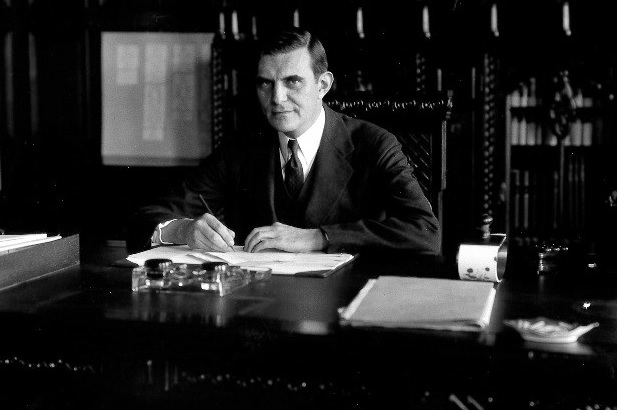
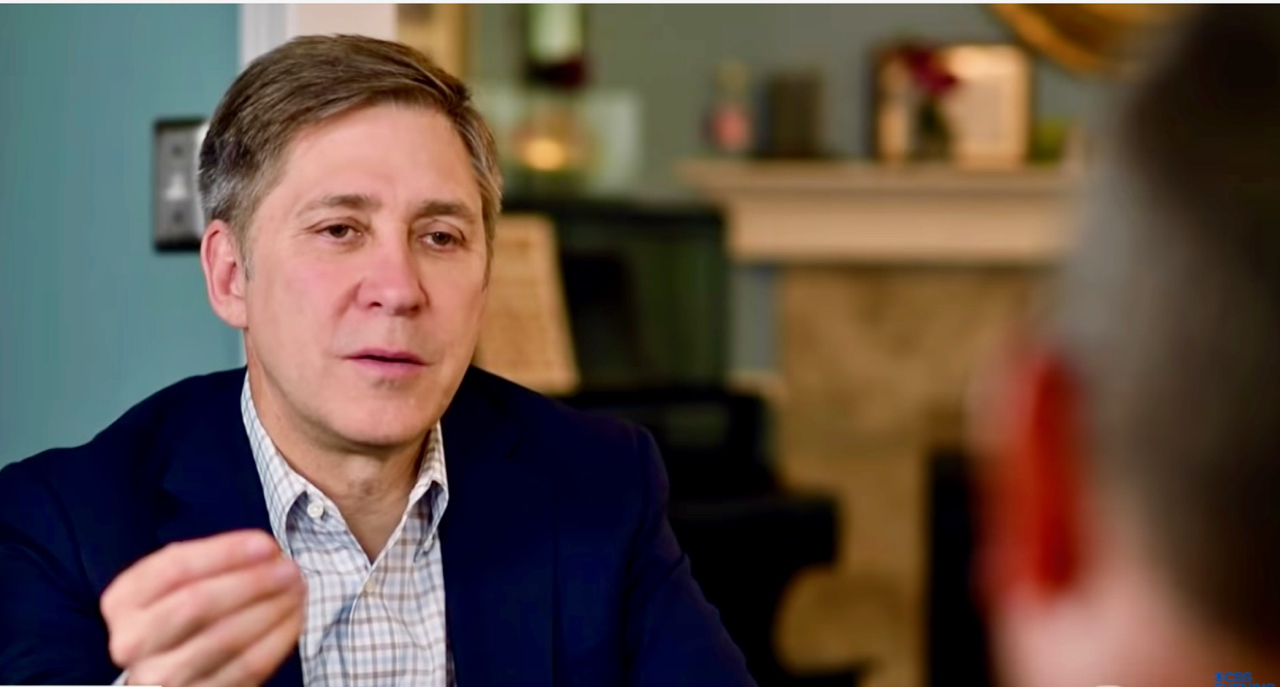

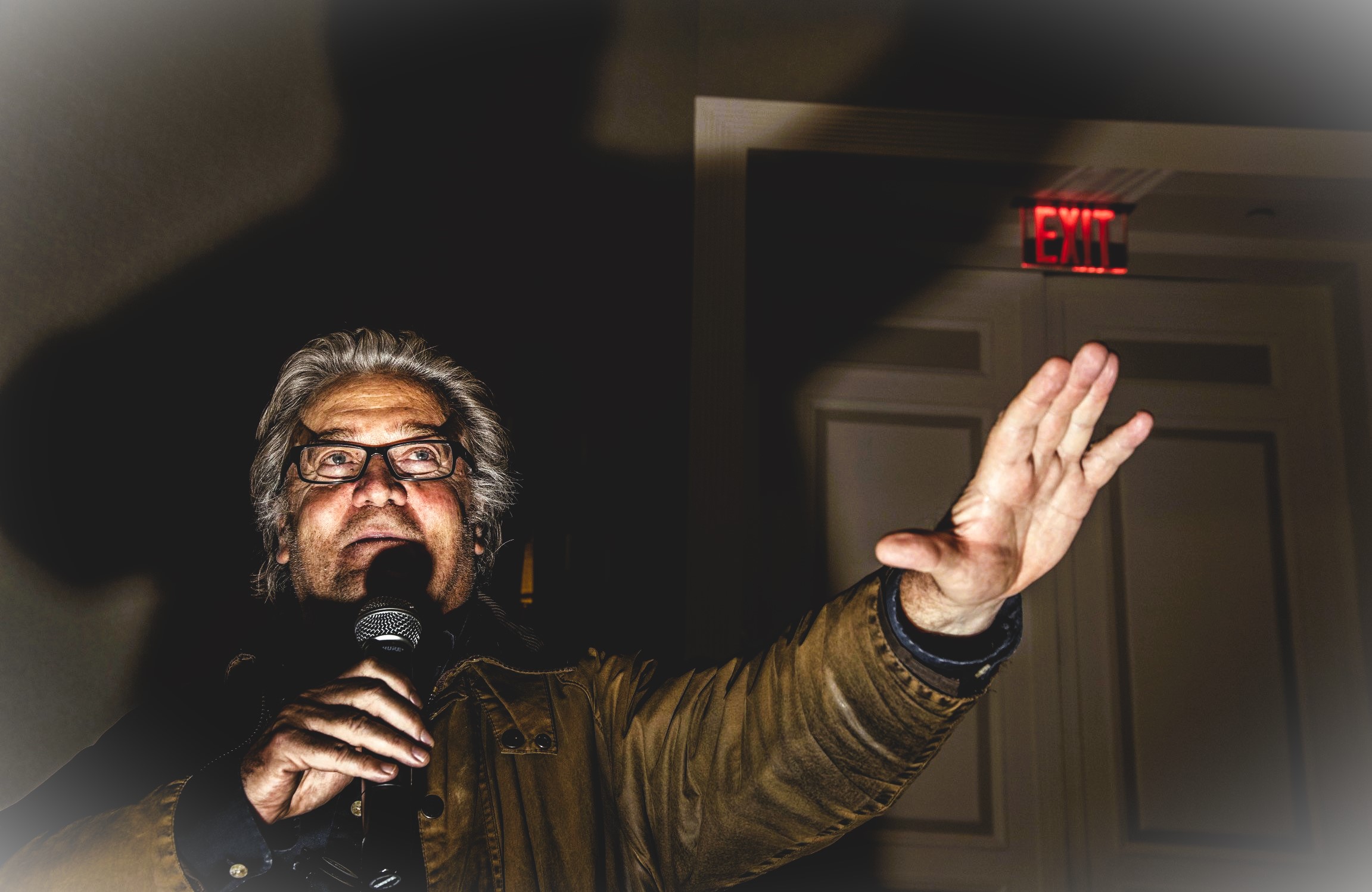
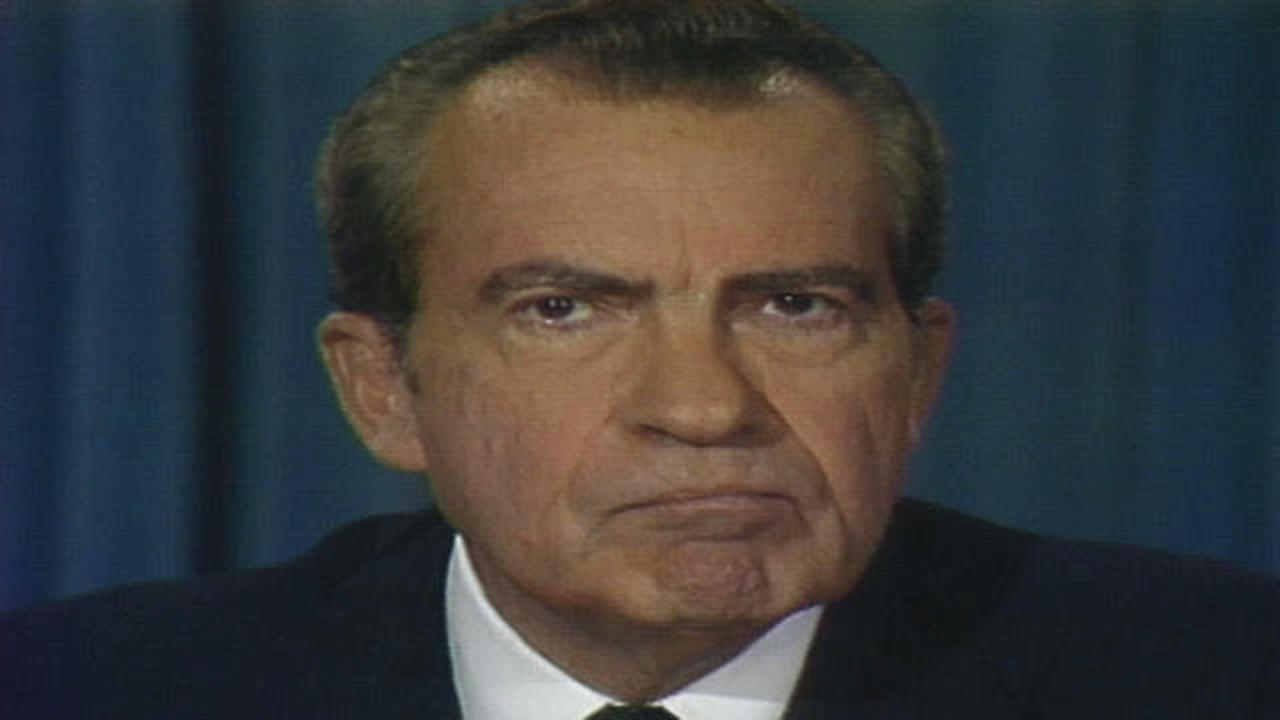


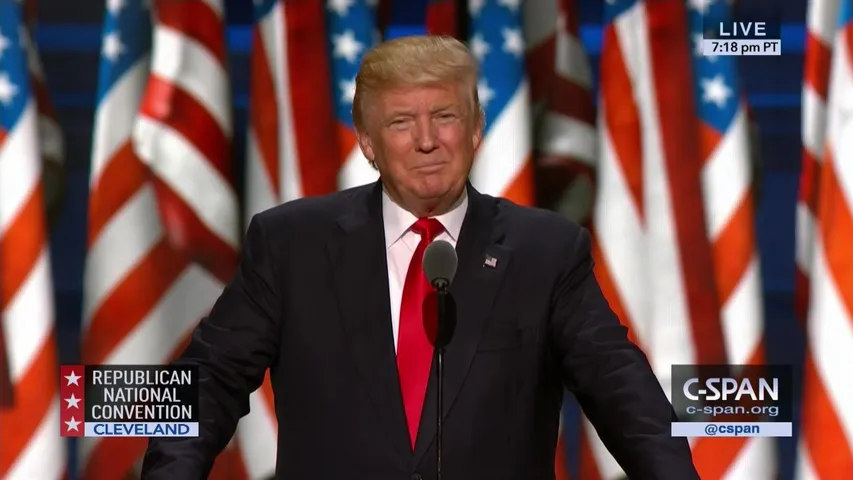




Oh my, sad and scary issues which you have highlighted!
“Cantor writes: ‘the accusation that an election is ‘rigged’ sets a dangerous bar…It preemptively lowers voter participation by suggesting to people the process is not open and transparent–or fair–and that their vote is wasted…It encourages hacking and other cyber-assaults by foreign entities and others, possibly resulting in further WikiLeaks-style releases…”
Unfortunately, this is not a reality show, but hopefully your ethical posts will help it end very soon.